A new form of exhaustion has infiltrated the American healthcare system amid the quiet between the hum of ventilators and the shuffle of protective gear. This is more than just physical exhaustion; it’s also moral, emotional, and, for some, profoundly spiritual. Healthcare professionals are not just worn out when helping hurts; they are broken.
ICU wards turned into testing grounds during the initial COVID-19 waves. At a rate that defied logic, staff members made life-or-death decisions. The consequences of those decisions still weigh heavily on many. Even after saving more lives than the average, nurses like Heather Stiles at Dartmouth Hitchcock remember being called “murderers” by the relatives of their patients. Even after a shift is over, that kind of misplaced blame persists.
| Factor | Description |
|---|---|
| Moral Injury | Witnessing events that violate one’s sense of ethics or integrity |
| Compassion Fatigue | Emotional exhaustion from chronic exposure to others’ suffering |
| Burnout | Result of long-term stress and overwork without adequate support |
| Isolation | Emotional disconnect from peers or family due to intense work environments |
| Public Misunderstanding | Negative public perception or accusations during crisis periods |
| Systemic Pressure | Administrative burdens and lack of institutional support |
| Guilt and Self-Doubt | Feeling responsible for patient outcomes beyond one’s control |
| Recovery Models | Programs like RECONN offering structured emotional support |
| Cultural Response | Media and celebrity involvement highlighting healthcare mental strain |
| Long-Term Impact | Rising turnover, mental health crises, and system-wide workforce shortages |
Reference: NIH Study on COVID-19 Healthcare Impact
The emergence of what scholars refer to as “moral injury” has increased the emotional toll of providing care. It is a psychological injury caused when professionals are compelled to act against their ethical principles, such as prioritizing care, refusing family visits, or working in understaffed units without respite. It is not PTSD in the conventional sense. The National Institutes of Health claims that during the pandemic, this moral burden considerably increased.
This was dubbed the “signature wound” of the pandemic by Dr. Andrew Smith of Dartmouth. In response, he started a peer-led support program called RECONN, which was created by nurses for nurses. The fact that sessions are crammed into routine staff meetings is a stark reminder of how carefully the system needs to respect caregivers’ time. Every meeting, which is facilitated by intensive care unit nurses with support from psychologists or chaplains, provides for introspection—not therapy, but sincerity.
Although familiar, the term “burnout” is no longer sufficiently inclusive. The term “compassion fatigue” is more accurate. Compassion fatigue frequently occurs abruptly, in contrast to burnout, which develops gradually. Healthcare workers, particularly nurses and trauma workers, endure unrelenting loss, suffering, and family sadness until their emotional reserves are depleted.
Counselors at Full Circle Counseling in Frankfort say the number of professionals seeking assistance has sharply increased. One therapist asserts, “They’re not broken.” “They’re exhausted.” Guilt, emotional numbness, irritability, loneliness, and a lingering sense of powerlessness are all painfully familiar symptoms. These are warning signs rather than merely symptoms.
The Uniformed Services University is among the establishments preparing for this surge. Psychiatric nurse and educator Lt. Col. Regina Owen cautions that compassion fatigue is an occupational hazard rather than merely a side effect. She emphasizes that self-empathy training for aspiring professionals needs to be required, not elective.
This problem has penetrated popular narratives on a cultural level. During the pandemic, Ellen Pompeo, who plays a fictional doctor on “Grey’s Anatomy,” used her position to elevate the voices of actual nurses. In her Golden Globe speech, Sandra Oh expressed her gratitude to healthcare professionals directly, recognizing their bravery in the real world. that visibility is important. When celebrities make medical professionals more relatable, the discussion spreads outside of hospitals.
The cost is equally worrisome from an economic standpoint. Emotional stress is currently a major contributor to healthcare worker attrition, according to Healthgrades. Turnover rates were between 16 and 18 percent prior to the pandemic. That percentage has significantly increased to 20–25% since COVID. Hospital systems bear a heavy financial burden, but it is more difficult to measure the human cost, which includes lost careers, broken families, and untreated trauma.
It takes intention to recover, but it is possible. RECONN is only one method. Other strategies include incorporating mindfulness into everyday activities, getting back in touch with the “why” of the work, and—above all—creating peer support networks. Emotional tiredness lightens when it is expressed and discussed.
In the end, ceasing to help is not the solution when it causes pain. The goal is to begin assisting the helpers. Institutions must establish settings in which compassion does not eat itself. Hospital boards and governments must pay attention, provide funding, and take action. The cost of care, however, must be acknowledged by society—not in monetary terms, but in terms of human soul.
